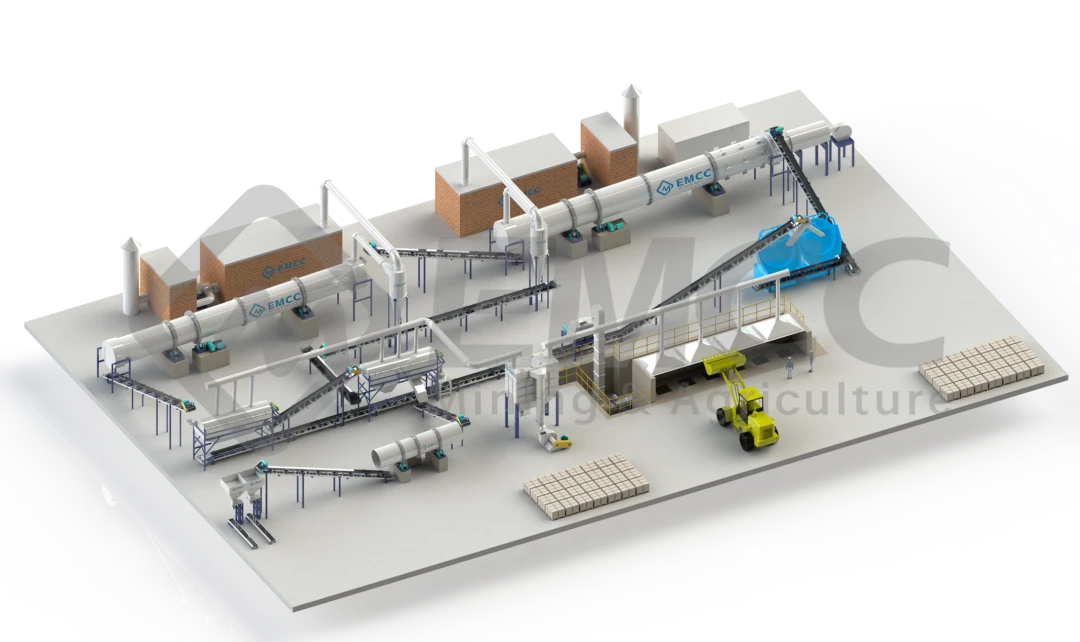The question “What is an organic fertilizer?” seems straightforward to answer, but as is often the case, the answer may be slightly more complicated than we initially thought.
The dictionary defines ‘organic’ as “of, relating to, or derived from living organisms,” which seems clear enough. So, it might seem logical that an organic fertilizer would be a fertilizer that is “of, relating to, or derived from living organisms.” For example, a fertilizer created from animal waste, plant-based fertilizers such as compost, and biosolids.
So, is that it? Have we answered the question? Well, not quite. Animal waste, such as manure, slurry, meat processing waste, and guano, may be used as organic fertilizers, as can plant-based matter, such as compost, or biosolids that are a product of waste-water treatment processes. But there is more to organic fertilizers than this.
What do People Mean When they Say Organic Fertilizer?
Rather than referring just to fertilizers made from organic materials, the phrase organic fertilizer is more commonly used to refer to fertilizers that can be used in organic crop production. This is where the confusion arises. So, let’s take a look at what organic production is and what this means for organic fertilizers.
The Essence of Organic Production
The precise definition of organic production varies between countries and regions.
Organic food is produced using sustainable agricultural production practices. It is produced without using most conventional pesticides, fertilizers made with synthetic ingredients or sewage sludge, bioengineering, or ionizing radiation.
This definition extends the options for organic fertilizers beyond just products from plant or animal origins. The critical aspect of organic production is that it needs to adhere to the Principles of Organic Agriculture – focusing on sustainability and natural processes rather than the material’s organic compound content.
What this means in practice varies from country to country. Different countries have specific criteria that organic producers must adhere to. These criteria detail the exact requirements growers must follow to sell their produce as ‘organic.’ This includes ensuring every input used in the organic production meets the necessary criteria.

Nutrients for Organic Crops
To achieve the high-quality produce that organic markets require, growers need high-quality, nutrient-rich fertilizers. And these fertilizers must meet the rigorous standards imposed by their target market.
With a range of organic fertilizers that are either based on organic animal and plant matter, as well as high-quality organic fertilizers, growers can meet their crops’ requirements, while also ensuring, thanks to the certification bodies, that their produce meets the standards that the markets, and ultimately the end users’ demand.
Organic Fertilizer Production Equipment
We EMCC not only supply compost turners for powder organic fertilizer production, but also ORGANICS GRANULATION SYSTEMS.
Addressing the disposal of agricultural, industrial, and municipal wastes is becoming a growing problem. As experts in fertilizer granulation, EMCC can offer solutions for taking organic wastes and turning them into reusable products in the form of fertilizers.
In addition, the fertilizers produced in our organics granulation systems are clean and safe: free of the micro-organisms and pathogens found in industrial and municipal sludges.
EQUIPMENT
- Disc Pelletizers
- Granulation Drums
- Double Roller Granulators
- Mixers
- Crushers
- Rotary Dryers
- Rotary Coolers
- Coating Machines
- Packing Machines
- Batching System
- Bucket Elevators
- Belt Conveyors
- Dedusting Systems

